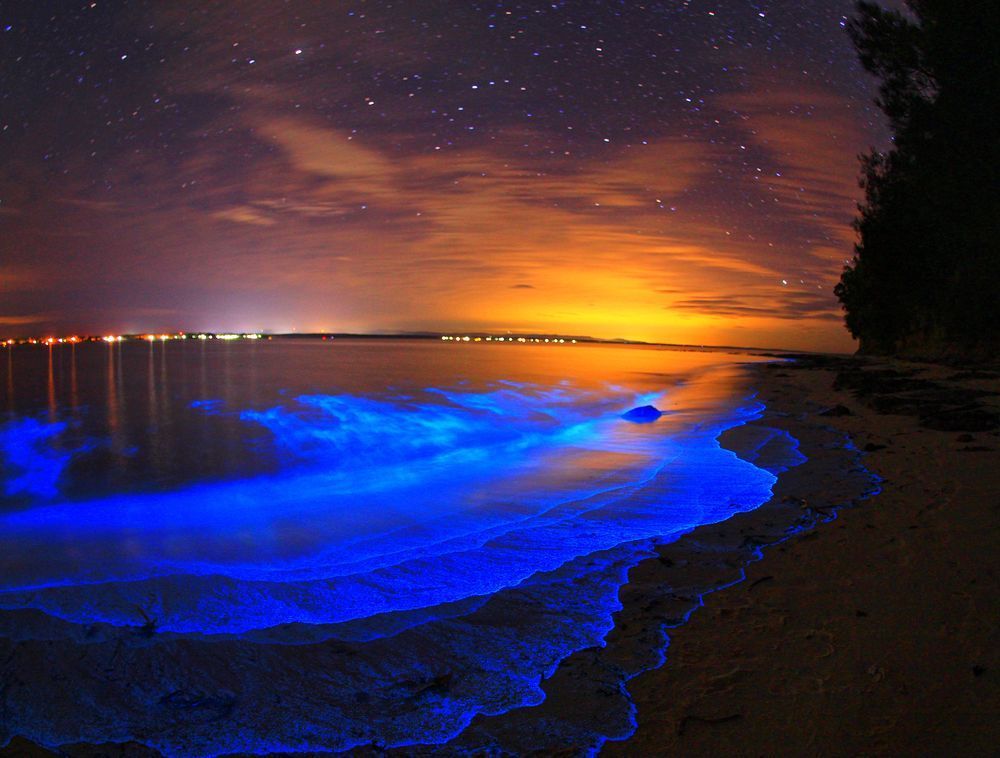CONNEK is Redefining What it Means to be Queer and Carribean
New York-based RAGGA and Kingston-based Jamsterdam are coming together to redefine what It means to be Queer and Caribbean through a platform called CONNEK.
Over the past few years, several colonialist-leaning news outlets have centered a disturbing narrative of Jamaica, painting the country as wartorn and wildly homophobic, with no queer folk living peacefully. When Neon Christina aka Christopher Udemezue, a native New Yorker and founder of the art and nightlife collective RAGGA NYC, traveled to his parent’s home country last year, he saw another side of Jamaican life. He spent time in Jamaica as a child, but after coming out, his family cautioned him against ever returning. After some contemplation and a few canceled trips, Chris boarded a plane to Kingston and met up with Chaday Emmanuel, founder of Jamsterdam and an out queer powerhouse whom he’d connected with through a mutual friend. Through Chaday, he saw that many of the warnings had been grossly exaggerated. After feeling like his experience was not singular, the two decided to collaborate and bring Caribbeans and Americans together through a new platform called CONNEK.
RAGGA NYC was launched in 2015, making its mark in New York through nightlife and the art world, most recently with residencies with the New Museum and Mercer Union in Toronto. Expanding its mission, RAGGA together with Jamsterdam and its multitude of associated artists and entrepreneurs in Jamaica, have created CONNEK, slated to be a platform to promote a positive vision of queer Jamaica. CONNEK’s first international initiative will take place this spring by bringing New Yorkers to Kingston to learn, network, and party during Jamaica’s historic Carnival Month.
Jamsterdam, founded in 2014, is an event run by creative director Chaday Emmanuel, who has worked with some of the best of Kingston, Jamaica’s queer talent scene. Always highlighting love and tolerance no matter what, the event has continued to have successful, safe events working with local venues to build ties throughout the community.
I sat down with Chris and Chaday to talk about their lived experience and plans for the future.
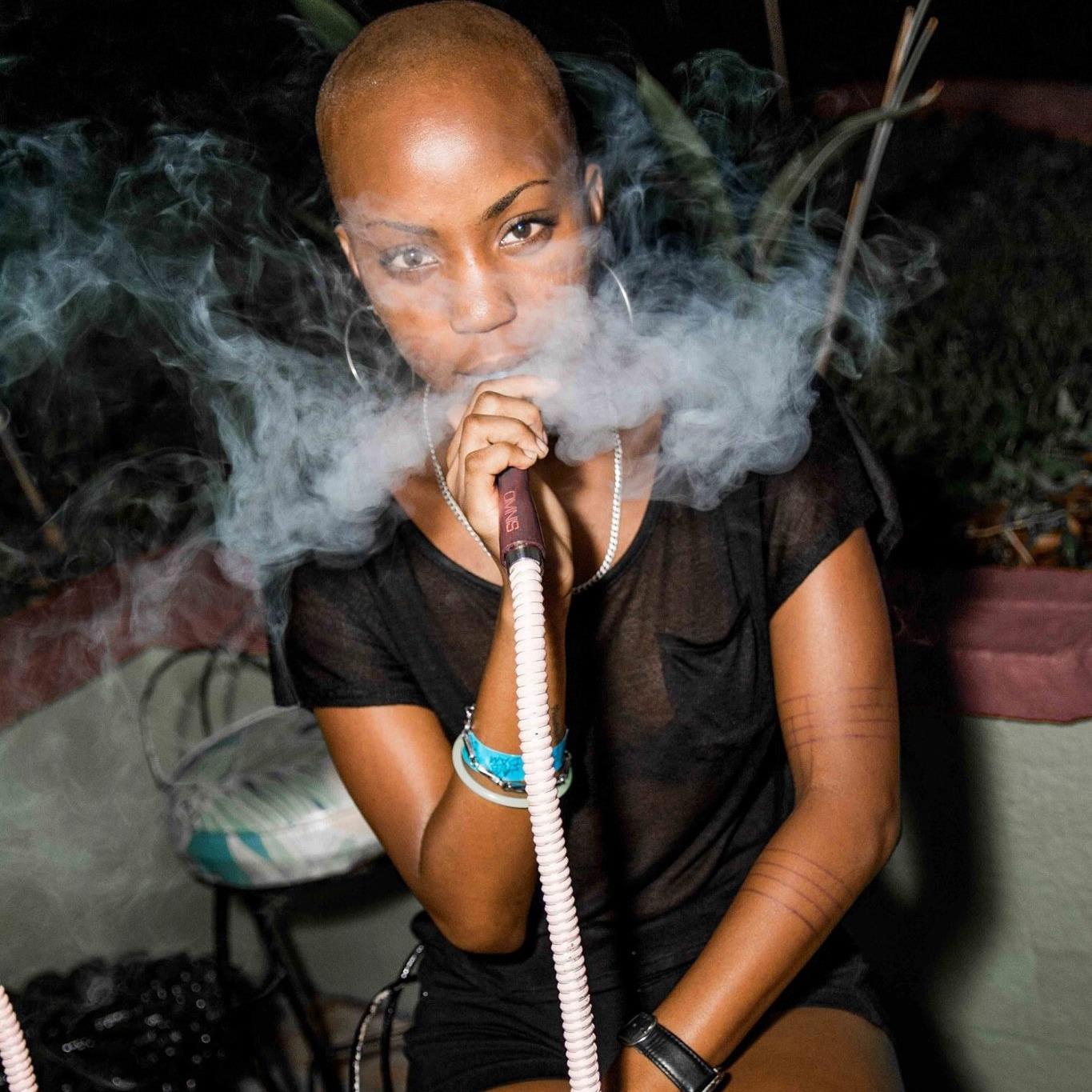
Eva Reign: How did this collaboration first come together?
Chaday Emmanuel: I used to work at a hotel in Port Antonio called Great Huts Resort. I remember meeting so many Americans— some being LGBTQ—and they would be so afraid to leave the walls of the hotel. It seemed they saved all this money and came so far just to have a sheltered experience. They weren’t connecting with anyone, but sometimes I would take them to the real places in Jamaica. Meeting Chris was enlightening because we have the same mission to bring people together, close the gap between peoples, and promote open perspectives of the world. We came together and found a way to kind of bridge that gap with our own lived experiences of who we are.
Neon Christina: I was born in New York, but my parents are from Jamaica—Kingston and Montego Bay. I went to Jamaica as a child, and I planned on returning a couple of years ago. Everyone in my life, family included, was like, “ummm… do–not–do–that.” Obviously, I’m not naive. I’ve heard about the alleged dangers and the homophobia in Jamaica. These warnings from my family sent me down a rabbit hole of research on all the dangers in Jamaica. In turn, I canceled my plans out of fear.
In 2018 I decided to finally visit Jamaica. No matter the cost. RAGGA NYC was on its way, and Tsige Tafesse of BUFU connected me to Chaday, the founder of this party called Jamsterdam. As soon as I met Chaday, I knew she was my sister and we were gonna do great things. Mi good, good friend. [Laughs.] Together we began dreaming of collaborations. I had this open and warm experience, and I wanted to recreate that for other people. I went there and realized not only is it safe, but it’s lit! My ignorance was kind of muffled, and now I can reassess my relationship to not just Jamaica but Black countries overall. There’s a need for face-to-face connection, and more so now, we need a deeper look into what’s happening in these “dangerous” countries we hear so much about from the comfort of our laptops in Trump’s America. We want to create a bridge for this need and empathy for Black countries and the people living there. We need to realize that many countries out there do indeed have communities that aren’t always accessible to outsiders, or even other queer Black folk. But it doesn’t mean they aren’t there and thriving.
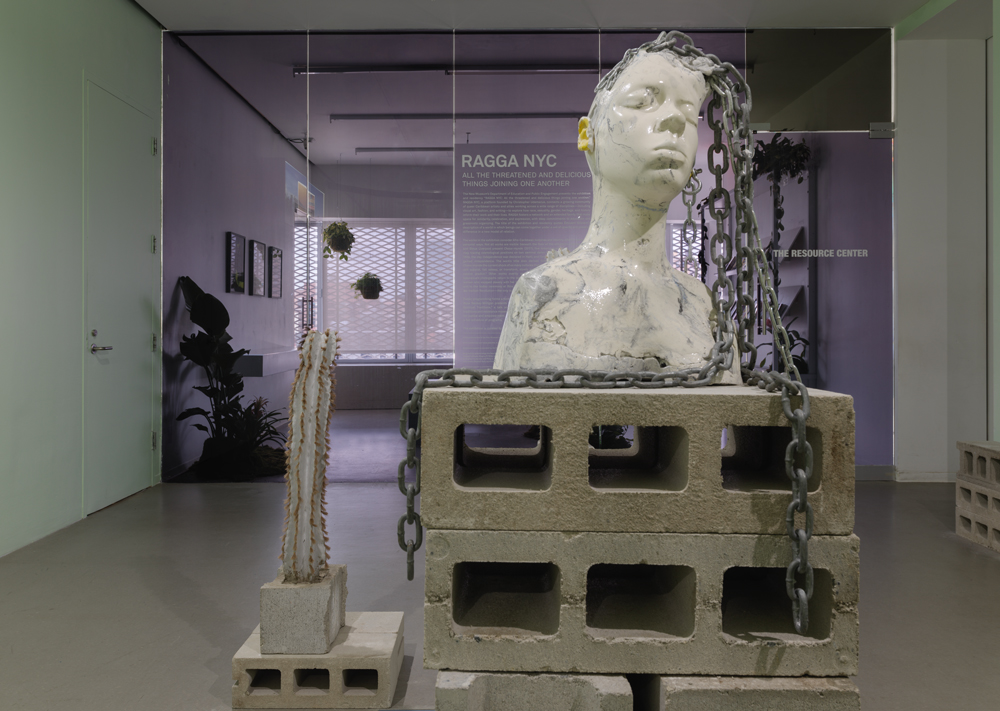
What is your experience with queer life in Jamaica?
CE: What I find interesting with these media features about queer Jamaica is that they are never produced by queer Jamaicans, which is ridiculous. A lot of us are out here just living our best lives, and you never see those stories about the successful LGBT people down here who own businesses and are doing amazing things. It’s interesting that the narrative of turmoil is what they choose to show all the time. There’s a really strong community here full of artists, liberals, poets, musicians, and politicians.
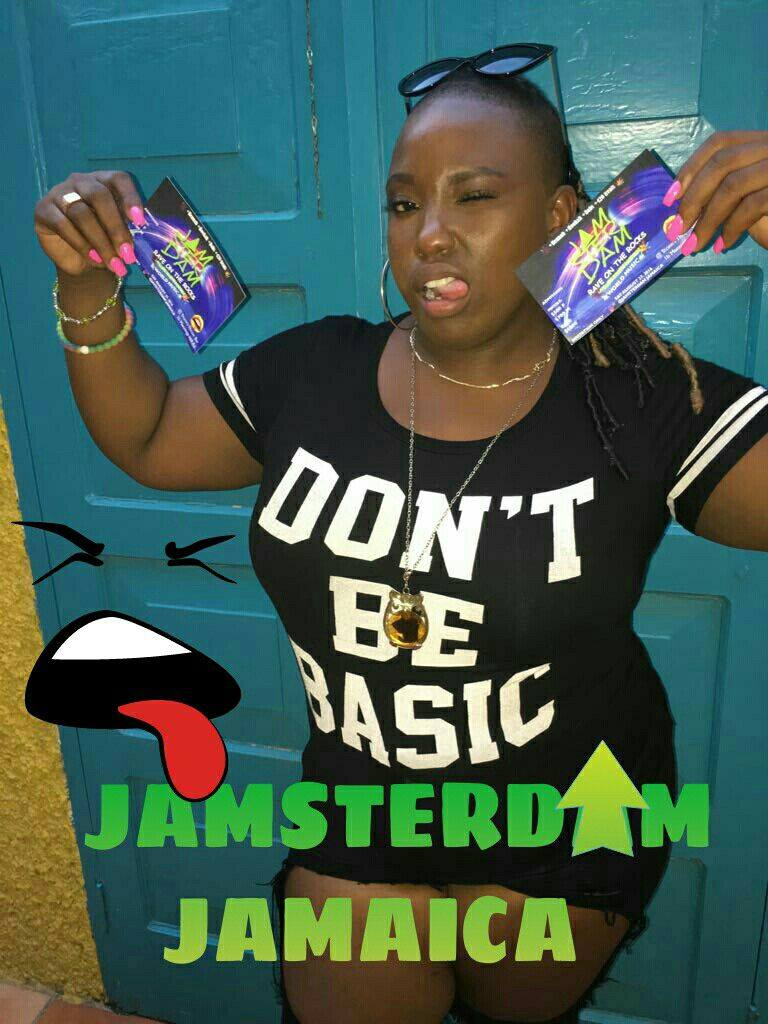
Jamsterdam is a party run by creative director Chaday Emmanuel, who has worked with some of the best of Kingston Jamaica’s queer talent scene.
Can you speak more about the media portrayals of Jamaica in comparison to your lived experiences?
CE: I was actually just talking about this yesterday with my friend Kiaro. What you see in the media is that they are killing us. They say, “You’re going to die, You’re going to get murdered.” Meanwhile, white women are walking around down here in pum-pum shorts, alone. [Laughs.] The people that are hit the hardest by this narrative are Black people, even though it’s mostly white people that put this media out there, and they’re way less affected by it.
Everyone in our Jamaican gay populace down here has their own business or hustle, it’s actually really impressive. If we can find a way to highlight this, Chris and I feel we can change perceptions. I’m tired of going to America and going about my bloodclot business and when I go to the store in America and somebody is like, “Ooooh, where are you from?” I’m like, “Oh, Jamaica” and they’re like, “You dress like that in Jamaica?” “Fuck yeah, that’s how you dress.” I even have a girlfriend. She and I go out and live our truths.

NC: Listen, the fear of danger is real, even here in this States. The Orlando nightclub shooting in Florida was not that long ago. These damn crimes are happening to us all the time. Everywhere. However, there is a profound narrative around queer Caribbean people going back to a beautiful country with so much history like Jamaica grappling with globalism. The idea of “safe space” is not stagnant. It is an idea minorities have always had to rethink, build up, hide when necessary, and never take for granted. A lot like the overused word “community”—it is not something that exists without us all doing the work outside of ignorance and complacency. There’s power in going to a Black country as a Black queer person with your allies to meet other queer Black people. To dance, hike, talk shit, get high, break bread, and lay in the sun with people the media chooses to ignore. I’ve never been someone to lead with fear, as my mom would tell you, and as the Jamaican proverb goes, we “likkle but we tallawah.” It’s our job to dismantle this fear, celebrate each other, and finally CONNEK.
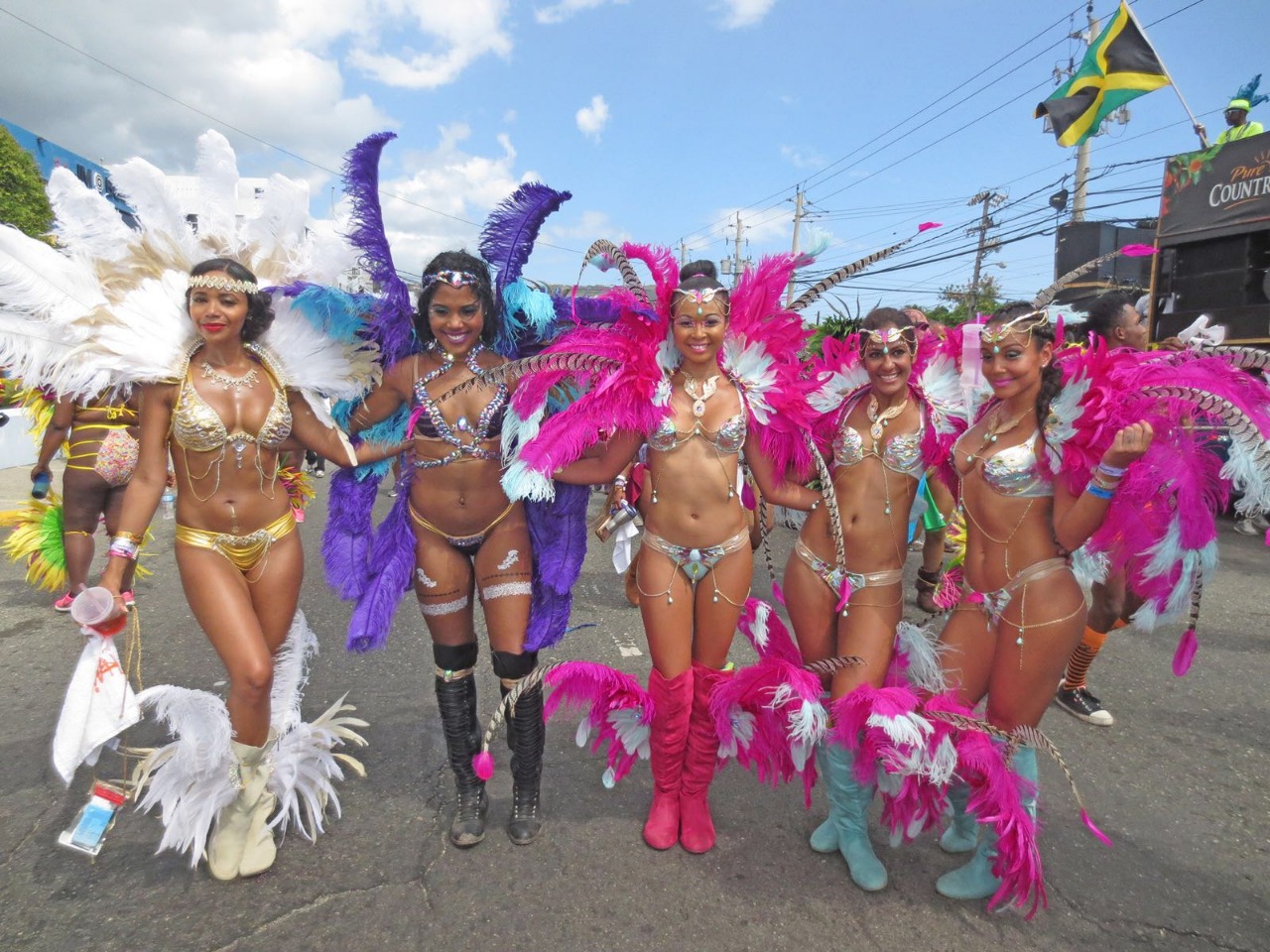
Eva Reign is a St. Louis native and former GLAAD Campus Ambassador. She recently worked at Condé Nast’s LGBTQ digital brand them. as Assistant Editor. She now works as a freelance writer and actress.
